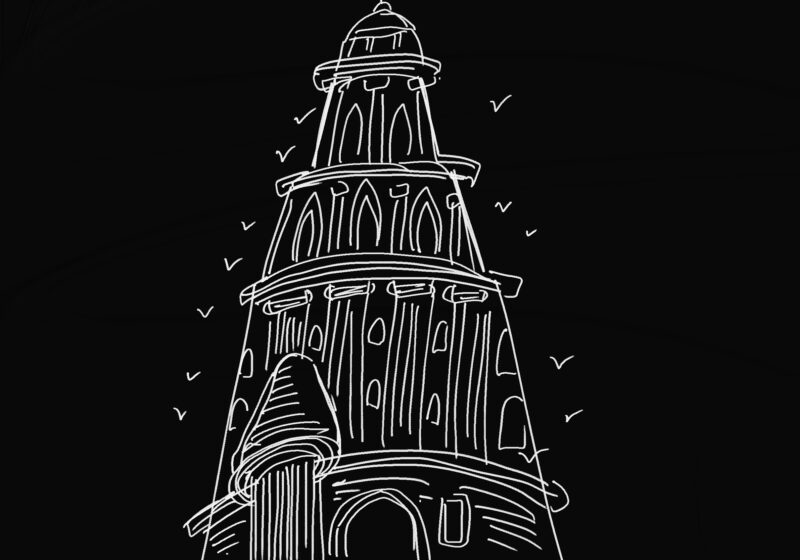I’m not a conservative. Far from it, actually. But if we define conservatism as a simple “suspicion of change,” rather than adherence to the Republican Party or traditionalist beliefs, then it’s clear that conservatism is inherent to the human psyche.
Over millions of years, we evolved to develop a deep suspicion of radical transformation. This quality certainly has its drawbacks: We’re often reluctant to adopt positive changes as well as negative ones, but most ideas that reach our public discourse are bad ideas. You probably agree with this notion regardless of your personal beliefs.
A socialist, for example, probably feels that the liberalization of markets and expansion of individualism is reaching away from ideal society, while a classical liberal likely believes the same about socialism. No matter where you fall on the ideological spectrum, it seems that everyone else is a dangerous radical working against the public good. Conservatism defends you from all of the changes that you feel are antithetical to true progress.
I want to see radical change — so long as it trends towards liberty and markets; I’m terrified of the kind of change that adopts collectivization or denies personal freedom. Similarly, my ideological adversaries may be eager to usher in the “progressive” reforms popularized on college campuses, but equally concerned about change that deviates from their specific vision for the future.
Without a deep hesitancy to adopt political transformation, we’d too easily let charismatic demagogues and radical social movements snowball into unstable revolutionary campaigns that tear down the institutions which have enabled the steady advancement of the human race. Of course, some of this change would be for the better and many conventions must fall, but as we find ourselves in the most civil and prosperous world ever seen, we must take care to ensure the survival of that long-term stability.
There are some changes that, if adopted, could erase many of the hard-earned victories and successes we’ve made as a species. Nations that proceed with caution tend to outperform their more revolutionary counterparts, ultimately proving more adept at providing for human well-being. More cautious nations also avoid the unrest or even violence associated with rapid change, a phenomenon utterly incompatible with productive enterprise. Few would argue that China’s Cultural Revolution, for example, improved the lot of the Chinese people, despite the efforts of the Red Guard to present such violent reforms as reasonable and inevitable steps toward a progressive society.
This isn’t to say it’s impossible to cling too desperately to the institutions of the past in a way that makes us all worse off. We may laugh at the fears of Edmund Burke, who decried the French Revolution and lamented the end of monarchy — fears that likely impeded the formation of a new and better Europe.
Yet the spirit of Burke proves its worth when it fends off would-be populists or ill-directed fervor. The progressive in us may cheer at the storming of the Bastille and the Declaration of the Rights of Man, only to see our inner conservative vindicated when we find ourselves faced with the rise of the Jacobin Club and the guillotine.
The best course of action is neither to shy away from progress nor to pursue it recklessly. History is a centuries-long experiment. It’s in our interest to heed the lessons of this experiment and defend the doctrines that have proved most resilient in the preservation of human prosperity.




